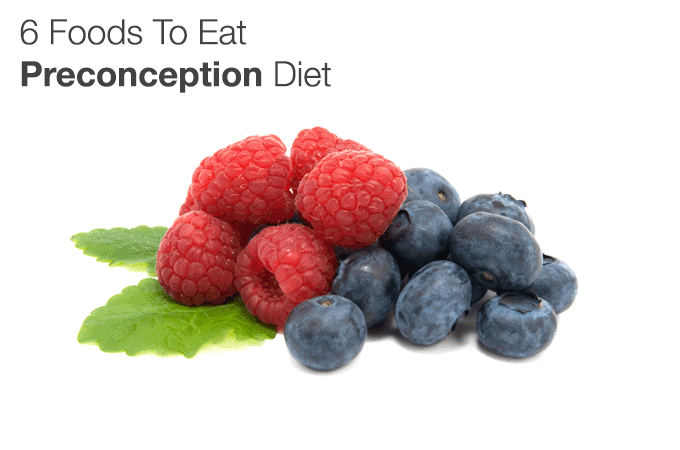“It’s time!” Those two little words quickly replaced lace lingerie, and making out on the couch as prerequisites to sex. While the old cliché that married life drastically reduces a couple’s sex life and drive may be true – it is the complete opposite when a couple begins ‘trying’ to conceive (TTC). In just a few short weeks, you can go from knowing very little about the intricacies of ovulation and conception, to rivaling the know-how of any good doctor in town. And of course, the sex is an absolutely important part of the plan.
What happens in far too many instances is that sex becomes an act of creation rather than an act of passion and romance. Sure, it might be sort of fun, but basically man and woman are simply waiting for the big finale, going through the motions so to speak – so that the woman can lie on the bed with her feet stuck straight up in the air for the suggested ten minutes. You know… to allow the sperm to sink in to the uterus so those silly fellows can find the awaiting egg. It’s funny really. If baby making truly took a bunch of tricks and acrobatic acts to be successful, I imagine that pregnancy rates would be a lot lower than they are today!
There are all sorts of methods of conception that can help you to plan a birth date or sway the chances of conceiving one gender or another. In the time it takes you to read all these books and effectively subtract the ‘fun’ out of your sex life, you could have conceived already. Today, we are a society that tries to control too much, and in some instances of life, such as having a baby, we should leave things up to destiny to show us the path.
After a month or two of this TTC, partners often feel lifeless in the sack and completely exhausted from the stress and pressure of trying to make a baby. If it doesn’t work right away, worry sets in heightening anxiety and often distancing partners sexually and otherwise. Research strongly suggests, that in many cases this is exactly what keeps us from conceiving. The release of stress hormones just doesn’t coincide with the hormonal reactions necessary to producing children. Perhaps that is why so many babies are conceived in the most precarious of places, like the backseat of the car, the kitchen counter, an elevator or during a Christmas Party at your folk’s house during a quick trip to the bathroom with your partner. (Ooh la la)
Wanting to have a baby definitely changes your life. However, you should take this opportunity to enjoy the freedom of being able to make love anytime you want without worrying about waking up children. Trust me, once a child is born you will reminisce about the old days of sex! Remember to keep it real and rather than try to make stringent plans that fall in line with your lifestyle or desire to give birth in a certain month of the year – take the stance of simply ‘not trying to NOT get pregnant.’ That is exactly how MOST folks end up pregnant to begin with.
Remember, HAVE FUN. Keeping sex fun while TTC can help reduce the stress of wanting a baby. And we all know, stress is not good for couples trying to conceive.
Written By Stef, Mom of 4 @Momspirational
This information is not intended to replace the advice of a doctor. Health & Parenting Ltd disclaims any liability for the decisions you make based on this information. All contents copyright © Health & Parenting Ltd 2014. All rights reserved.











